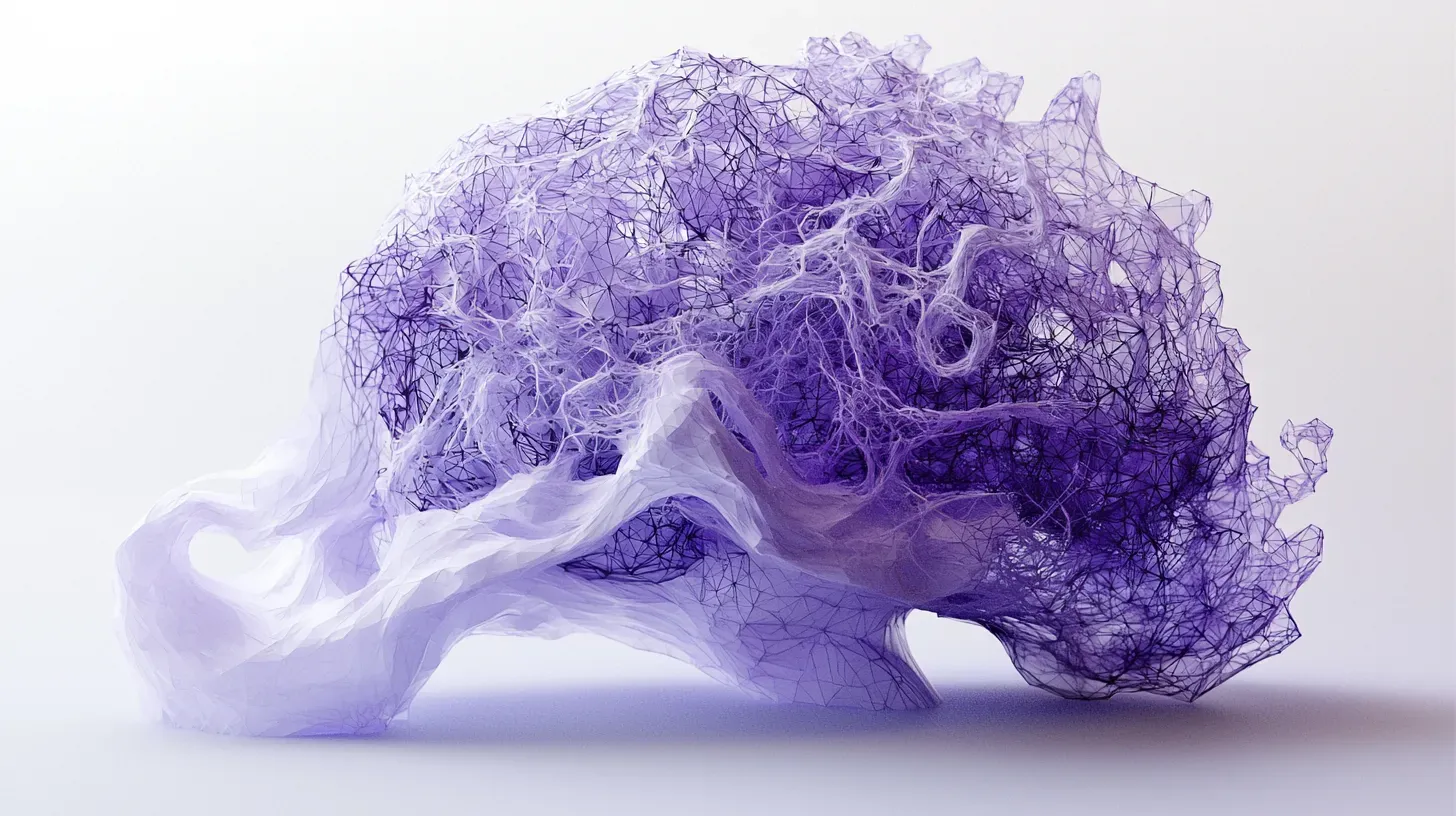Does a Bigger Brain Really Make Us Smarter?

Is the human brain's sheer size what makes us intelligent, or is it the complex network within that sets us apart? With new data pouring in, scientists are inching closer to understanding what truly defines human cognition — and the findings might surprise you.
While our brains dwarf those of most animals, recent studies suggest that size alone doesn’t explain human intelligence. Our unique cognitive abilities are likely rooted in the structure and connectivity within our brains, rather than mere volume.
Advanced research reveals that humans have a higher proportion of non-neuronal cells, particularly astrocytes and microglia, compared to other species — these cells play a vital role in supporting neurons and refining connections. Add to that the slower, longer development phase of the human brain, and we see a fascinating blueprint for adaptability and complexity.
- Unique neural networks aid complex cognition
- Non-neuronal cells significantly outnumber those in other species
- Prolonged development shapes our cognitive abilities
Could our exceptional cognition be the result of a few extra cells, or is there a broader “design” behind it? And how would these insights influence the development of AI? Join the discussion below!
Read the full article on Nature.
----
💡 We're entering a world where intelligence is synthetic, reality is augmented, and the rules are being rewritten in front of our eyes.
Staying up-to-date in a fast-changing world is vital. That is why I have launched Futurwise; a personalized AI platform that transforms information chaos into strategic clarity. With one click, users can bookmark and summarize any article, report, or video in seconds, tailored to their tone, interests, and language. Visit Futurwise.com to get started for free!






